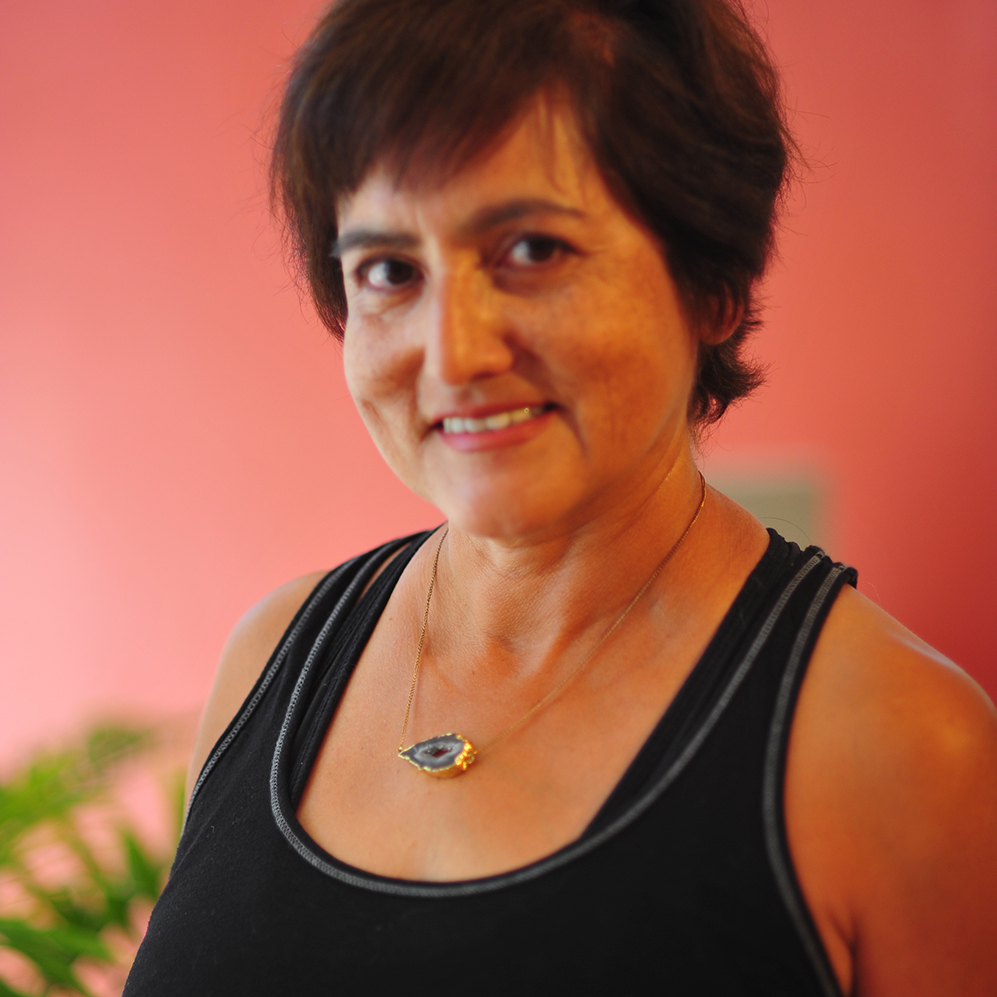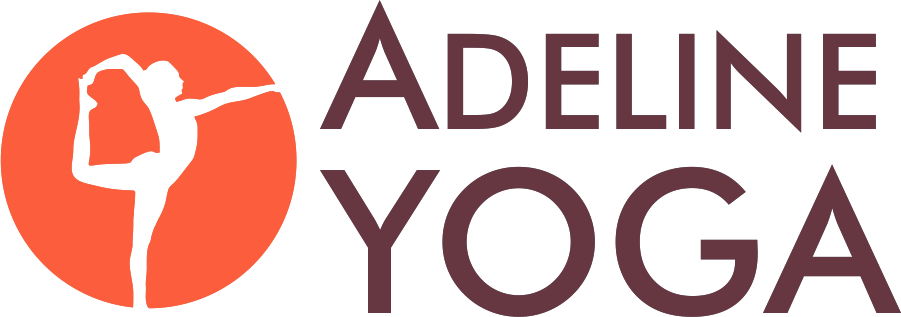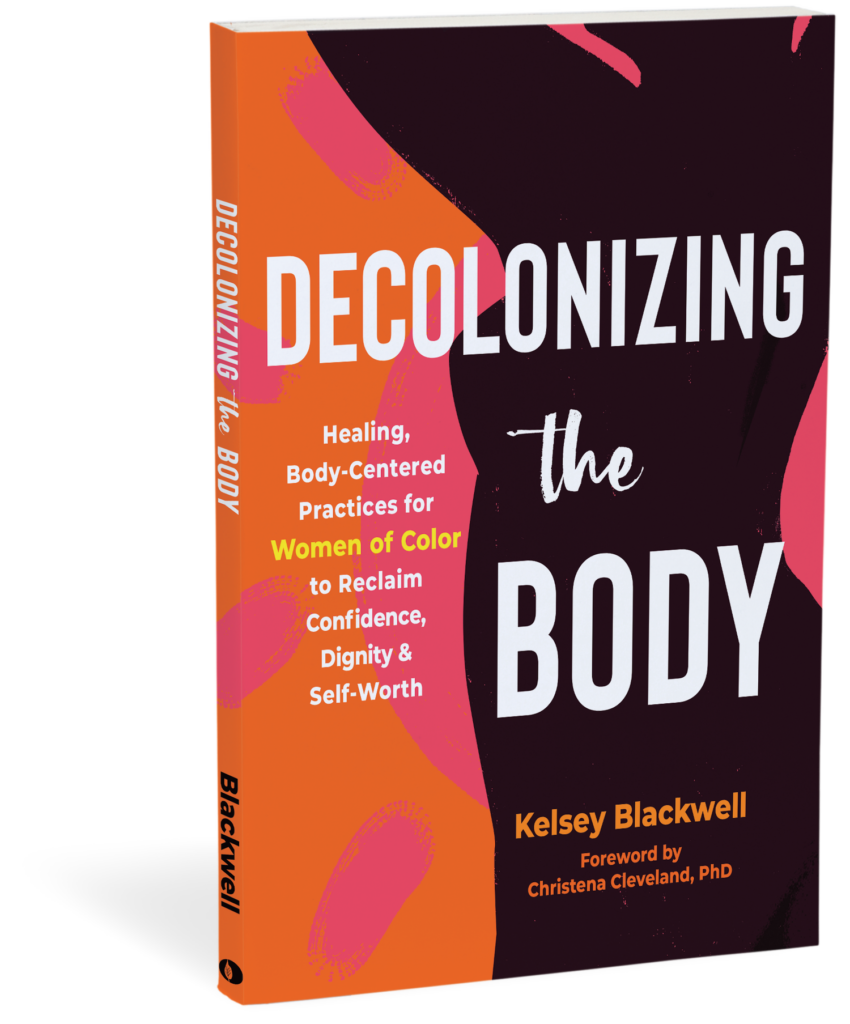 by Ana Frenes
by Ana Frenes
I began reading Kelsey Blackwell’s book, “Decolonizing the Body,” with complete confidence. After all, I am a woman of color who has been involved in somatic practices for decades. I was a modern dancer/choreographer, a yoga student and presently a yoga teacher. I had no idea what decolonizing the body meant but I was sure I may have already experienced it.
Kelsey’s definition of a colonized body nearly moved me to tears. After reading her list of qualities, I had to confess that I could relate to most of them. For example, quite often I do not know how to rest, say no and ask for or receive support. On any other given day I would not admit this but I was recovering from Covid symptoms and it felt strange to rest when I had already overcommitted myself! I had to laugh instead of cry because I was caught!
Kelsey believes that there are certain behavior patterns that are attributed to the DNA of our colonized ancestors. This was the first time I had ever read such a list. I felt relieved that someone had recognized this common state of existence. As a multiracial person, I constantly experienced moments of simply feeling understood as I continued to read this book. Kelsey took me on a journey of taking the risk of simply seeing myself in relation to my ancestors and then surrendering to the rest found in somatic practices. This journey will not end with the book but began with the discovery of its continual application to my life.
Kelsey defines herself as a cis, biracial, queer, Black woman. She grew up in the white suburbs outside Salt Lake City. It was there that she learned early in life the importance of achievement through sports, clubs and academics. She worked to fit in but did not know who she really was. As an adult Kelsey experienced her first Shamatha meditation course. It was there she recognized the anxiety that she carried for a long time. This led to her study of Somatics and she began coaching women of color to connect to their own body’s liberating wisdom. Her work culminated with the online book “Decolonizing the Body.” She describes it as a “method that brings together somatic and spiritual and creative practices for personal and collective liberation”.
Throughout her book Kelsey refers to “the program” in which she states “The program is shorthand for the juggernaut that is the colonist-imperialist-white supremacist-capitalist-patriarchy.” She explains how our bodies have been shaped by living as a member of the program. Her view is that somatic practices help us to access wisdom that challenges the ways in which we have been accustomed to surviving. Kelsey states, “In bringing somatics to the journey of decolonization, we’re inviting the body to guide us in remembering our indignity; reclaiming our power; releasing old patterns; and relating to the phenomenal world as interconnected and fundamentally supportive of life. We’re also centering practices that prioritize rest, ritual, and community”.
Kelsey believes that this book is written for people of color of any gender. She invites people who are not Black or brown to read it with the understanding that it was not written for them but much of the material may resonate and offer them support. The book is divided into four parts: “Re-Member,” “Reclaim,” “Release,” and “Relate.” Each section has two chapters, with a myth of colonization followed by her decolonizing truth. Between the readings Kelsey invites us to participate in practices utilizing breath, movement, dance, chant, sight, sound, touch, journaling, drawing and reflecting. These are the jewels of the work that reveal what we are feeling, keep us in the present and transform our senses.
Kelsey draws from her own life and the experiences of others who have discovered the connection to their ancestors through embodied knowing. Stories are shared from various authors, spiritual teachers, researchers and historical figures of color. She helps us to understand and answer many questions that may have been felt but not justified. We identify the messages from our ancestors that our bodies may hold. We also understand how black and brown bodies experience imposter syndrome and why some biracial people feel like they never fit in. In her final sections Kelsey directs us to the joy and healing our bodies may experience by living in the “now.” She states, “Our joy isn’t some fantastical experience that we ascend to; it is available with our full presence. In a society that’s prescribed so many avenues for “project-ifying” ourselves, our joy is regarded as the “reward” for our dedication to healing. But our connection to our joy isn’t a reward; it is the healing itself.”
Finally Kelsey recognizes the possibility of an alternative community as a “beloved community” where we are interdependent and supportive by nutritive relationships. This beloved community may be a pet, nature, or friends and family. In these relationships we feel taken care of and in turn offer our care and attention.
I walked away from this book knowing that I will return to it. I understand that now is the time to experience the joy and freedom that Kelsey suggests can be practiced as the healing itself. It is in our daily Sadhana, rituals, somatic practices and play where we cultivate nutritive rest and nutritive relationships. This is in slowing down and fully being present in these experiences. I take a breath and know that I can connect to my colonized ancestors as I trust my own bodily sensations.
Interested to learn more? Join us for a free book chat with the author! Friday April 21st @ 5 pm – 6:30 pm in person.
You are invited to the discussion and Q&A between Ana and Kelsey.
Register NowDecolonizing the Body: Book Chat with Author Kelsey Blackwell – Free
ABOUT THE AUTHOR OF THIS PIECE:
 Ana Frenes (she/her) is a recent graduate of the Adeline Yoga Sadhana Studies program. She finds practicing Iyengar Yoga to be a life-changing experience. She is inspired by the Iyengar family legacy and those who have studied with them. As a modern dancer/choreographer for over 30 years, she loves the attention to body alignment and the many possibilities in approaching movement while in the poses that Iyengar Yoga provides.
Ana Frenes (she/her) is a recent graduate of the Adeline Yoga Sadhana Studies program. She finds practicing Iyengar Yoga to be a life-changing experience. She is inspired by the Iyengar family legacy and those who have studied with them. As a modern dancer/choreographer for over 30 years, she loves the attention to body alignment and the many possibilities in approaching movement while in the poses that Iyengar Yoga provides.
Ana decided to become a yoga instructor after introducing it to her high school dance students. She saw how it transformed them and remains passionate about teaching yoga to diverse populations. She is a certified ChildLight Yoga4Classrooms teacher and holds an MA in Arts Education. She has taught yoga to hundreds of K12 students in Stockton Unified School District. Ana previously instructed yoga at the Stockton Yoga Center, CAL Berkeley Lair of the Bear family camps and San Joaquin Delta College. She presently teaches at Tree of Life Yoga in Emeryville. She plans to become a certified Iyengar Yoga instructor and continue her studies with her mentor Heather Haxo Phillips. Ana finds joy in spending time with her 8 year old grandson while gardening, tap dancing and riding scooters.

 by Ana Frenes
by Ana Frenes